
Cable and satellite-TV providers will need to make sure bills and ads clearly display a total price for video subscribers, including extra fees that can amount to hundreds of dollars a year, under a rule adopted Thursday by the FCC. “No one likes surprises on their bill,” Democratic FCC Chairwoman Jessica Rosenworcel said. “The advertised price for a service should be the price you pay when your bill arrives. It shouldn’t include a bunch of unexpected junk fees.”

The fiscal 2024 budget request asks for $448,075,000 in budget authority from regulatory fee offsetting collections.

The FCC released its annual pblic notice setting the deadline for paying annual regulatory fees. Payments can be made via the FCC’s Commission Registration System (CORES) through 11:59 p.m. ET on Sept. 20. In addition to marking this deadline on their calendars, broadcasters should note with some satisfaction that despite the FCC’s overall budget increasing by more than $8 million, regulatory fees for broadcasters decreased by between 5% and 8%.
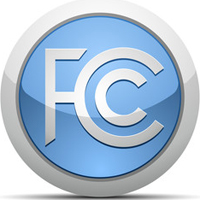
The FCC has decided to extend its COVID-19-related financial hardship waiver process for its regulatory fees. The FCC supports its ongoing operations through fees assessed FCC licensees including broadcasters and cable operators. While its latest such fees must be paid by Sept. 28, it said Tuesday (Sept. 13) that it would extend the streamlined waiver process adopted in 2020 to those fees “due to the ongoing effects of the pandemic.”
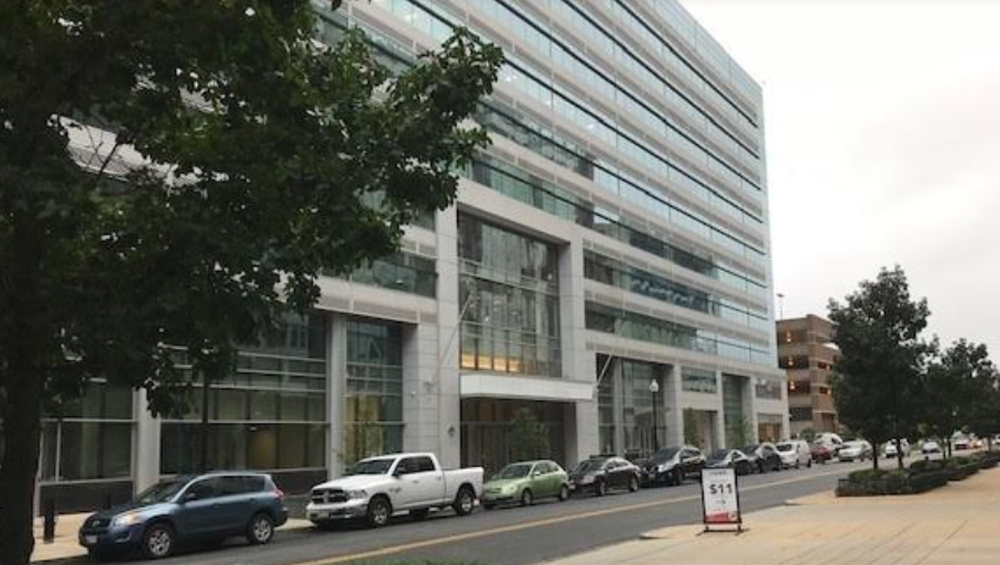
Broadcasters did not get the breaks they were hoping for from the FCC when it comes to the fees they pay to the commission for the privilege of being regulated. The FCC released an order Friday (Sept. 2) setting the fee schedule for 2022 and it did not include a price break for TV or radio.

The National Association of Broadcasters said the FCC should start imposing regulatory fees on businesses that benefit indirectly from its activities, particularly internet service providers — regulation of which is taking up a lot of the agency’s resources. The FCC supports itself entirely from fees levied on its licensees, including broadcasters, cable providers and satellite services. The NAB, whose constituency includes owners of broadcast TV stations, has been telling the FCC — and anyone else within earshot — that it’s time for that to change.

Each year with the end of summer comes an announcement from the FCC as to how it is divvying up its operating costs to then charge its regulatees in the form of regulatory fees. This annual ritual, required by Congress, makes the FCC virtually unique among federal agencies in funding its operations by passing the hat among those it regulates (and then charging them a fee to process each application to boot). Being told how much broadcasters must pay to be regulated is never welcome news, but this year there is at least some upside, as broadcasters’ fees will be nearly 10% less than originally proposed, with most broadcasters’ 2021 fees being the same or less than last year’s.
FCC 2020 Regulatory Fees Due Sept. 25
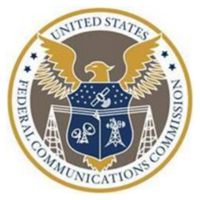
The FCC released a Public Notice late Friday afternoon announcing the annual regulatory fees for 2020 are due by 11:59 p.m. ET on Sept. 25, and setting out the procedures for payment.

The FCC’s order on this year’s annual regulatory fees was released by the FCC this week. The commision rejected calls to forgive broadcast regulatory fees because of the economic fallout of the pandemic, noting that only Congress could pass such relief, as the FCC is required by law to collect fees sufficient to cover the costs of its operations.

Broadcasters are ramping up the pressure, and the rhetoric, in their attempt to get the FCC to hold off on increasing the regulatory fees it charges TV and radio stations, especially during a pandemic that has done a number on revenue.

The FCC has signaled it does not plan to change its plans to raise broadcast regulatory fees, a move that has the National Association of Broadcasters pushing back hard. The commission voted May 13 to propose collecting $339 million in regulatory fees for 2020, including the fee increase for broadcasters. But NAB said the FCC has not explained why it has denied broadcasters relief given the pandemic.

The FCC’s approach to Fiscal Year 2020 regulatory fees for broadcasters is “patently unfair and likely unlawful,” ignoring the impact COVID-19 is having on the industry, according to comments filed by the NAB. The comments are in response to an FCC proposal that would require the commission to collect $339 million in regulatory fees for the fiscal year. While that amount is the same as last year, the NAB says that the FCC proposal would see many broadcasters have to pay increased regulatory fees for the second consecutive year.

The FCC is not suspending its regulatory fee increase on broadcasters during the pandemic, as some broadcasters had asked. The commission today voted to propose collecting $339 million in regulatory fees for 2020. That includes the fee increase for broadcasters continuing to increase the fee DBS operators pay to get it closer to that paid by cable MVPDs.
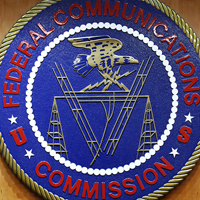
New Jersey Broadcasters Association President-CEO Paul Rotella tells the commission that any increase in annual fees for TV and radio stations is not warranted and that this is not the appropriate time to put any further financial burdens on broadcasters.
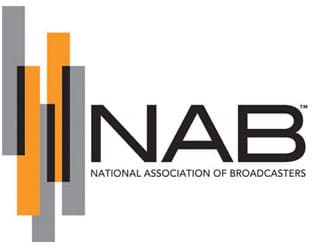
The trade group tells the commission it should revise proposed regulatory fees for VHF stations so that they “more accurately reflect their actual population served.”

Broadcast and cable operators have a few more days to get those checks to the FCC. After only days earlier reminding regulated entities that they needed to get their regulatory fees in by the Sept. 24 deadline, the FCC Monday (Sept. 23) extended that due date to midnight Sept. 27.
FCC Final Fees Offer Some Relief To Broadcasters
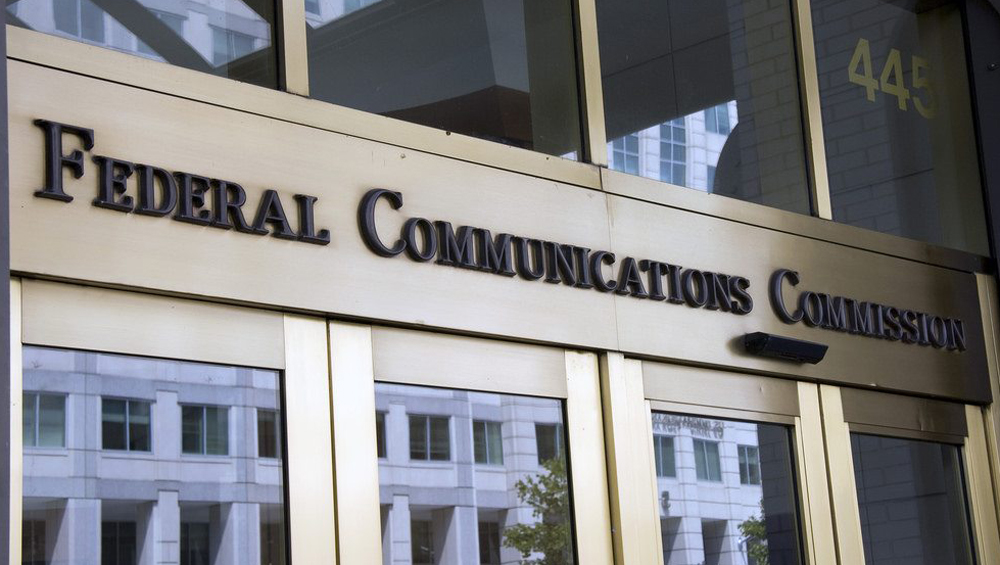
The FCC has released its finalized schedule of annual Regulatory Fees for Fiscal Year 2019, and thanks to the collective efforts of all 50 state broadcaster associations and the National Association of Broadcasters, there is some good news for radio stations and satellite television stations.
2019 FCC Fees Due Sept. 30

The FCC on Tuesday released its Report and Order on regulatory fees. The order says that the fees will be due by Sept. 30. The FCC should soon issue additional guidance about the exact filing dates and procedures.
FCC Annual Regulatory Fees Due Sept. 25
Last week, the FCC released its order setting the amounts for the annual regulatory fees paid by all of those regulated by the FCC. Those fees are due by Sept. 25. On Friday, the FCC released a Fact Sheet detailing the fees for broadcast and other licensees regulated by the Media Bureau and how those fees should be paid.
The FCC has issued an extension of time to the end of the government’s fiscal year for regulatory fee payors in areas affected by Hurricanes Harvey and Irma in Florida, Texas and the Caribbean. Those areas will now have until midnight on Sept. 29 to file and pay their fees.
FCC Regulatory Fees Due By Sept. 26
 The FCC late yesterday released an order setting the amount of FY 2017 annual regulatory fees, along with a public notice setting Sept. 26 as the deadline for those fees. Reg fees may be paid now through Sept. 26. If not paid by 11:59 p.m. ET on that date, penalties of 25% will be assessed. In addition, applications by any licensee that has not paid its fees may be held by the commission without action until the fees are paid, and can even end up resulting in a license cancellation in cases where the failure is a long-term unresolved issue.
The FCC late yesterday released an order setting the amount of FY 2017 annual regulatory fees, along with a public notice setting Sept. 26 as the deadline for those fees. Reg fees may be paid now through Sept. 26. If not paid by 11:59 p.m. ET on that date, penalties of 25% will be assessed. In addition, applications by any licensee that has not paid its fees may be held by the commission without action until the fees are paid, and can even end up resulting in a license cancellation in cases where the failure is a long-term unresolved issue.
About this time each year, broadcasters and other entities regulated by the FCC prepare to find out the amount of their annual FCC regulatory fees. These fees are likely to be paid in September, before the Oct. 1 start of the new government fiscal year. Last week, the FCC added to its list of “items on circulation” an order to establish the specifics of this year’s regulatory fees, and to propose some additional changes to be considered next year.
The American Cable Association renewed its campaign to get the FCC to charge satellite TV companies Dish Network and DirecTV the same regulatory fees that it charges cable and IPTV operators. In comments sent to the FCC, ACA notes that the agency’s latest notice of proposed rulemaking proposes a 96-cent-per-subscriber fee on cable and telco operators in fiscal 2017, but only a 38-cent-per-sub fee for DBS providers.
September Regulatory Dates For Broadcasters
Several are of particular importance for virtually all broadcasters. Annual regulatory fees for all commercial broadcasters are due by Sept. 27. The next day is when the FCC will conduct its second Nationwide Test of the EAS system. And there’s more.
Sept. 27 Is FCC Deadline For Regulatory Fees
Just before the Labor Day weekend, the FCC issued its Report and Order launching the annual regulatory fee payment process for Fiscal Year 2016. The FCC has also opened the “Fee Filer” system that must be used to pay regulatory fees. Payment in full of regulatory fees must be made by 11:59 p.m. ET on Sept. 27. Late payment of regulatory fees will result in a 25% penalty and “red light” status, which restricts the FCC’s processing of a late payer’s applications until payment of the fees and penalties has been made.
FCC Releases FY 2016 Regulatory Fees
Right as everyone was set to enjoy the last glimmer of summer over the long weekend, the FCC issued its Report and Order on the regulatory fees for 2016. The FCC adopted all the fees for broadcast stations as proposed in its Notice of Proposed Rulemaking with some adjustments to the regulatory fees on radio and television broadcasters, based on type and class of service and on the population served. No date has yet been set, though, for when these fees will be due this month. Here’s the rundown.
The group contends that with fewer stations following the spectrum auction, the commission should shift some regulatory fees from broadcasters to wireless broadband providers whose increased presence will require greater oversight from the Wireless Telecommunications Bureau.
FCC Proposes 2015 Regulatory Fees
The FCC has released a Notice of Proposed Rulemaking, Report and Order, and Order (really, that’s the title of it) proposing regulatory fees for fiscal year 2015 and making other changes to its regulatory fee structure. Comments on the FCC’s proposals are due June 22, with reply comments due July 6.
FCC Seeks Comments On Proposed Fees
The FCC is beginning to consider the amount of annual regulatory fees to be paid by broadcasters and other entities regulated by the FCC. To begin the review process, the FCC issued a notice of proposed rulemaking setting out its proposed fees for this year, as well as highlighting a few issues for public comment concerning the computation of fees in the future. Comments on the proposals are due on July 7, with reply comments a week later.
2013 FCC Regulatory Fees Due Sept. 20
 Mark your calendar, round up your credit cards and keep your FRN handy. The FCC has finally announced that this year’s regulatory fees must be paid by Sept. 20. (Yes, that deadline — which appears in the “Dates” paragraph in the linked Federal Register announcement — does seem a bit later than usual, as does the announcement itself, which is showing up less than 30 days before the deadline.) The online “Fee Filer” system is now up and running; you can get to it at this link.
Mark your calendar, round up your credit cards and keep your FRN handy. The FCC has finally announced that this year’s regulatory fees must be paid by Sept. 20. (Yes, that deadline — which appears in the “Dates” paragraph in the linked Federal Register announcement — does seem a bit later than usual, as does the announcement itself, which is showing up less than 30 days before the deadline.) The online “Fee Filer” system is now up and running; you can get to it at this link.
FCC Proposes Alternative Fee Plans
One of the time-honored rites of spring — at least at the FCC — is the release, every April or May, of a Notice of Proposed Rulemaking setting out the schedule of regulatory fees the commission thinks it may impose on all regulatees come August-September. But this year, instead of providing one set of proposed fees, the commission has given us an NPRM laying out two sets of possible fees.
FCC Announces Final 2012 Fee Schedule
The final 2012 regulatory fees have been announced by the commission. For those of you anxious to cut to the chase, here’s a link to a convenient table setting out the new fees (and comparing (a) the fees the FCC has now adopted against (b) the fees which it proposed last May).
Midnight New Deadline For Station FCC Fees
For those of you who remember the sense of relief you felt as a kid when you forgot to study for a test and later found out that class was cancelled, the FCC is giving you a chance to enjoy that feeling again. The FCC extended the deadline for stations filing their annual regulalory fees, orginally due Wednesday, until 11:59 p.m. ET tonight (Friday).
FCC Sets Sept. 14 As Reg Fee Deadline
Get out your calendars … and your checkbooks. The commission has announced the deadline for filing this year’s regulatory fees. Tyey’re due by 11:59 p.m. ET on Sept. 14.
Tuesday the FCC released a Notice of Proposed Rulemaking (FCC 11-68) outlining proposed 2011 regulatory fees. In the 2011 fee schedule, the FCC maintained its practice of charging full-service TV stations on VHF channels significantly more than those on UHF channels.









































